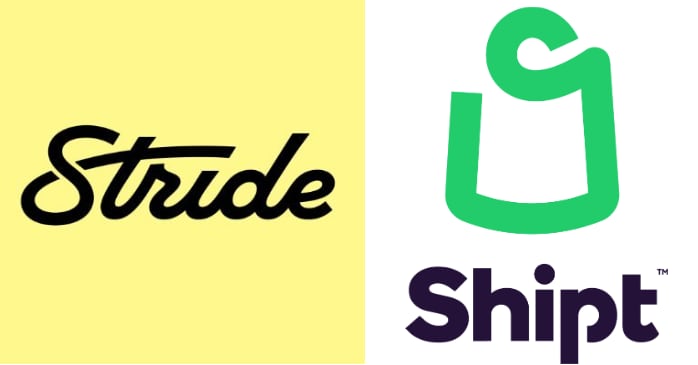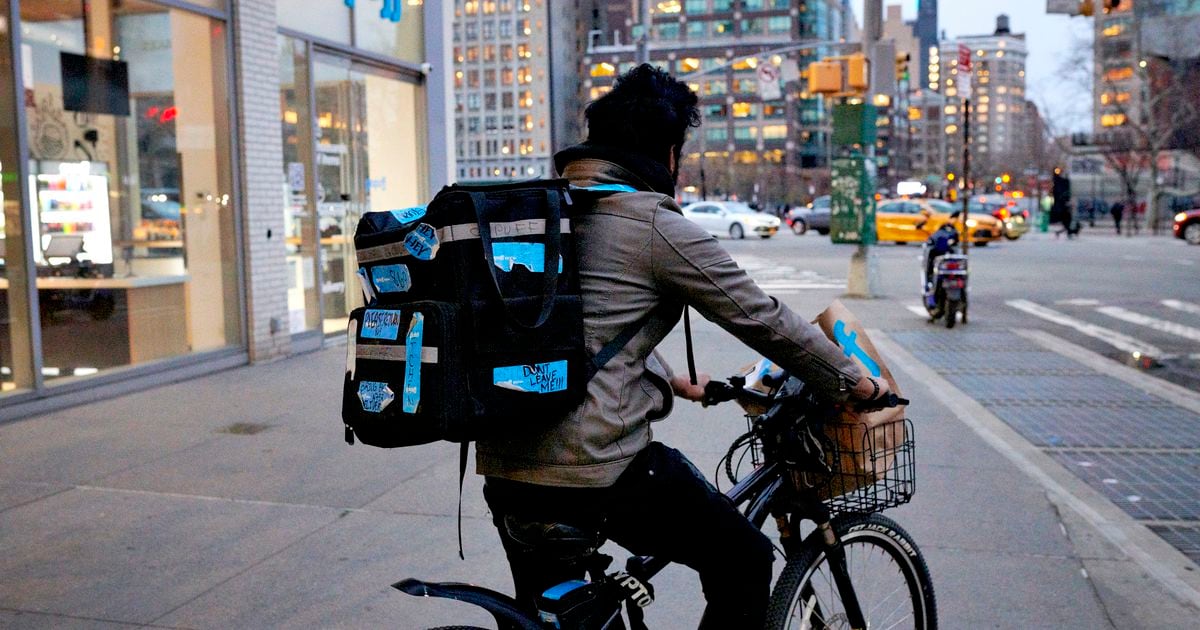After little debate and nearly unanimous votes during the 2023 session, Utah legislators redefined what it means for companies to use contract labor — better known as gig workers — and give them more access to affordable benefits, such as health care.
Utah is now seeing the first efforts to put that law into effect, as a provider of portable benefits has announced its first Utah business partner.
The law, SB233, allows companies that rely on gig workers — such as Uber — to pay into flexible benefits packages for their workers, without calling them employees.
Advocates of the law say the idea is to give gig workers more access to affordable benefits without having to sacrifice their independence. They’re not company employees, according to the law, but they can still benefit from company contributions.
Detractors, however, question whether companies will make those contributions if they don’t have to — and wonder if companies may cut back on how many full-time workers they employ.
The law, signed by Gov. Spencer Cox in March 2023 and enacted last May, has borne its first fruit. Earlier this month, the benefits provider Stride announced it had partnered with its first Utah company. That partner is Shipt, the grocery delivery company owned by Target, which will now contribute to portable benefits packages for its shoppers and delivery drivers.
Shipt “is really leading the way,” said Noah Lang, Stride’s co-founder and CEO. “But the big story is about Utah innovating. ... No other state has done this yet. It’s a big deal, and a simple piece of legislation.”
In the pilot program, according to a company news release, Shipt will contribute to shoppers’ portable benefits accounts based on how much they earn on the app. A company spokesperson did not say how many shoppers will benefit.
Sen. John Johnson, a North Ogden Republican and the bill’s chief sponsor, celebrated the move in a news release last week.
“Over the past decade, Utah has continued to thrive due to dynamic and innovative policies that enable us to adapt to an ever-evolving economy,” Johnson said. “Stride’s portable benefits program will empower Utah’s independent workforce with the necessary support to pursue their chosen career path with confidence.”
A similar pilot program was introduced in Pennsylvania for DoorDash drivers earlier this month, also with Stride. But Utah is innovative, Lang said, because of the new rule’s simplicity. It’s not reinventing the wheel; it’s not wading into the murkier conversation of what protections gig workers deserve from the companies that use them (contract workers aren’t eligible for things like worker’s comp or federal minimum wage, which some labor advocates say is exploitative). The federal government is years deep in a legal matter over how to classify gig workers. Utah’s rule does not attempt to alter the relationship between companies and gig workers.
“[The bill] fits on one page,” Lang said. “It makes it easier for companies to pay benefits for 1099 workers. ... It’s not a criteria for determining employment classification.”

Flexible workforce, flexible benefits
Many gig workers are drawn to the work for the flexibility it offers as they supplement other forms of income. According to a Shipt spokesperson, most Shipt shoppers work less than 10 hours a week.
Like freelance contract workers, gig workers can set their own hours and customize their services.
Unlike fully unattached freelancers, however, gig workers use such apps as Uber or Shipt to connect with clients and generate business. Those apps then take a cut of the profits. The apps are built around a service offering, like ride sharing or dog walking, with gig workers providing that service.
Gig workers, though, aren’t employees of the apps, no matter how many hours of service they provide. That means that even if gig work is their only form of income, and even if that all of work is done on behalf of one app, the workers get none of the benefits of full-time employment. They’re on their own for such things as health insurance, retirement plans and unemployment insurance. They also don’t qualify for worker’s compensation if they are injured on the job.
function onSignUp() { const token = grecaptcha.getResponse(); if (!token) { alert("Please verify the reCAPTCHA!"); } else { axios .post( "https://8c0ug47jei.execute-api.us-east-1.amazonaws.com/dev/newsletter/checkCaptcha", { token, env: "PROD", } ) .then(({ data: { message } }) => { console.log(message); if (message === "Human


























